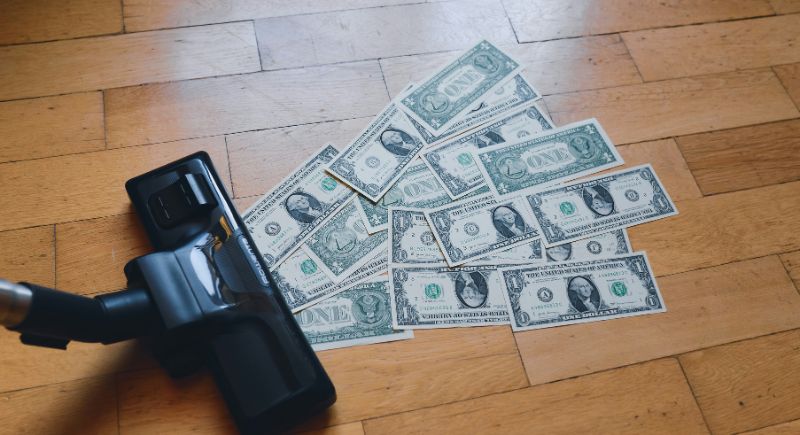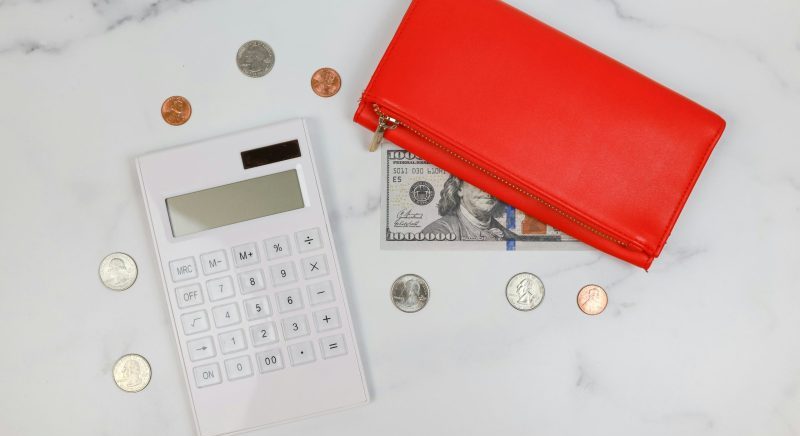Dave Ramsey Says This One Homebuying Mistake Could Wreck You
Buying a home is a huge milestone, especially if it’s your first house. Picturing yourself living in a new space that’s entirely your own is exciting. But, while you’re daydreaming about the perfect living room setup or the garden you’re going to grow, Dave Ramsey, a personal finance expert, warns about one major financial mistake you could easily make without realizing it: tapping into your retirement savings to fund your home purchase.
This mistake is simple to avoid, but many homebuyers overlook it in the chaos of the process. We’ll break down why this is a huge no-no, how it could hurt your long-term financial goals, and what you can do instead to avoid making it.
The Tempting Shortcut
It seems like a no-brainer: you’re short on cash for your down payment, and your retirement account has a nice chunk of change just sitting there. Why not tap into it? Just a little bit of money out of your future to cover your home purchase, and you can always replenish it later, right?
Wrong.
While it might seem like a quick fix, using retirement funds (like your 401(k) or IRA) to buy a house can be one of the biggest money blunders you can make. You’re just raiding your savings for a quick payoff while eroding your future retirement security.
The Cost of Early Withdrawals: Penalties and Taxes

Image via Unsplash/rc.xyz NFT gallery
If you decide to withdraw funds from your 401(k) or IRA before the age of 59½ (and yes, that’s before you hit 60), you’ll face serious penalties. A typical early withdrawal from a 401(k) could cost you 10% in penalties, not to mention income tax on the amount you pull out. So, if you pull $30,000 out of your 401(k) for a down payment, not only will you face a $3,000 penalty, but you’ll also owe taxes on that $30,000, which could bump you into a higher tax bracket. That’s a pretty steep price to pay.
The 401(k) Loan Option Is Not a Free Pass
Now, you might be thinking, “Well, what about taking a loan from my 401(k) instead of a withdrawal?” It sounds like you’re just borrowing money from yourself. Unfortunately, this option isn’t the magic bullet it seems to be.
While 401(k) loans don’t carry the same penalties as early withdrawals, there are still risks involved. First, you’ll need to pay the loan back with interest, usually within 5 years. And if you don’t? The loan balance gets treated as a distribution, meaning you’ll face penalties and taxes. And if you leave your job or change employers before paying the loan back, you could be required to pay it back in full, immediately. Failure to do so will incur the same penalties and taxes as a standard withdrawal.
The Real Price: Missing Out on Retirement Growth
We’ve talked about penalties and taxes, but the real kicker when it comes to using retirement savings for a down payment, according to Dave, is the lost growth potential. Retirement accounts, like 401(k)s and IRAs, are designed to grow over time, sometimes in a way that you might not even realize. The power of compounding interest means that your money earns interest on both your original investment and the interest it’s already earned. If you pull that money out early, you’re cutting off the potential for long-term growth.
Let’s put that into perspective: if you pull $30,000 out of your 401(k) and it would have grown at an average 7% return over 30 years, that loss could total over $228,000. Ouch!
The small amount today could actually turn into a significant nest egg over time. That’s why the financial expert strongly advises against taking early withdrawals from retirement accounts for a down payment.
What Are The Alternatives?

Image via Unsplash/Katie Harp
What should you do instead of dipping into your retirement funds? The good news is, you have options. Dave even suggests pausing your retirement contributions for a short period while you focus on building up your down payment savings. This may sound counterintuitive, but he explains that a temporary halt can boost your down payment fund without the risk of dipping into your retirement accounts.
Just don’t get too comfortable. Dave warns that the goal is to return to your retirement savings as soon as possible. “Once you’re sipping coffee in your new kitchen,” he says, “you can go right back to putting 15% toward your retirement goal.”
There are also other ways to save for a down payment without sacrificing your financial future. Here’s what you can consider:
1. Set a Realistic Savings Plan
It’s easy to get caught up in the excitement of buying a home and feel the pressure to move quickly. But patience is key. Start by setting up a savings plan that works within your budget. Break down how much you need for a down payment, closing costs, and moving expenses, and then figure out how much you can realistically save each month. While this might take a little longer, it will ensure that you’re not sacrificing your retirement for the sake of a quicker home purchase.
2. Explore Down Payment Assistance Programs
There are down payment assistance programs (DPAs) available in many states and cities that offer grants or low-interest loans to help homebuyers cover some or all of their down payment. These programs often have income or location requirements, but they can be a great option if you’re struggling to save enough for a down payment. It’s worth checking out what’s available in your area.
3. Look Into Low-Down-Payment Mortgages
If saving for a hefty down payment seems like a stretch, consider low-down-payment mortgages. Programs like FHA loans require as little as 3.5% down, and VA loans (for veterans and active-duty service members) don’t require a down payment at all. You may have to pay private mortgage insurance (PMI) if your down payment is less than 20%, but this is often a more affordable option.
4. Get Creative with Extra Income
If you’re still coming up short, consider finding ways to increase your income. Pick up a side gig, sell items you no longer need, or use a cash-back app to earn a little extra money. Every bit counts, and the more you can save without dipping into your future, the better off you’ll be.